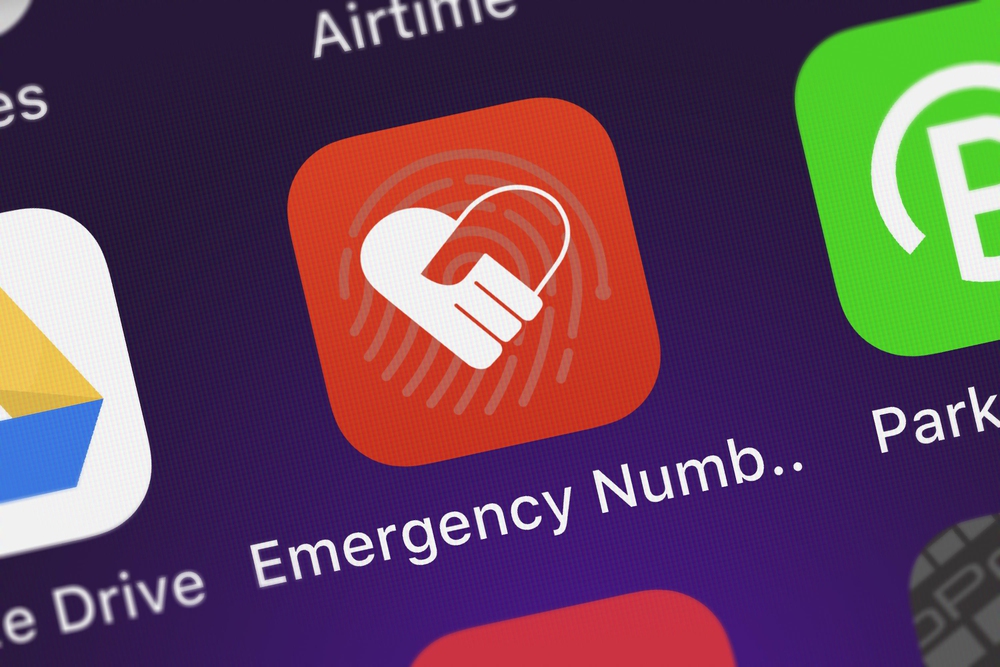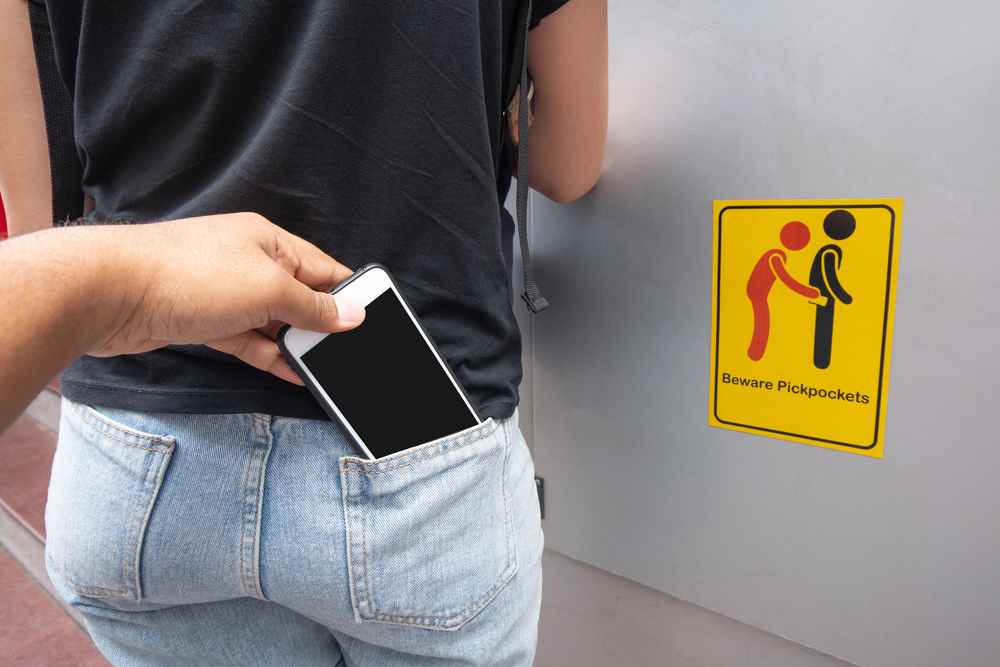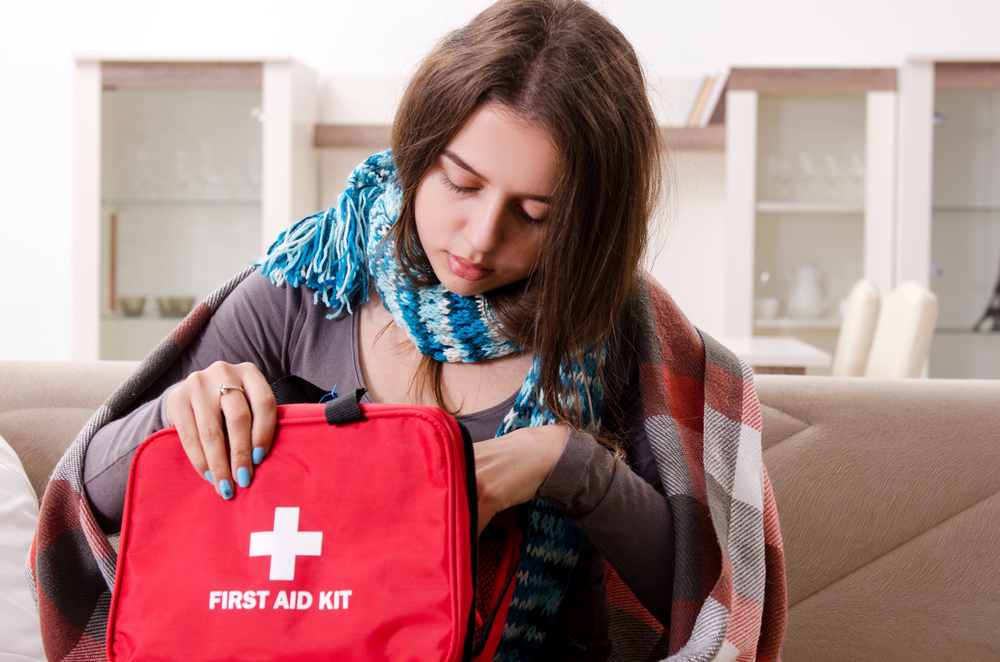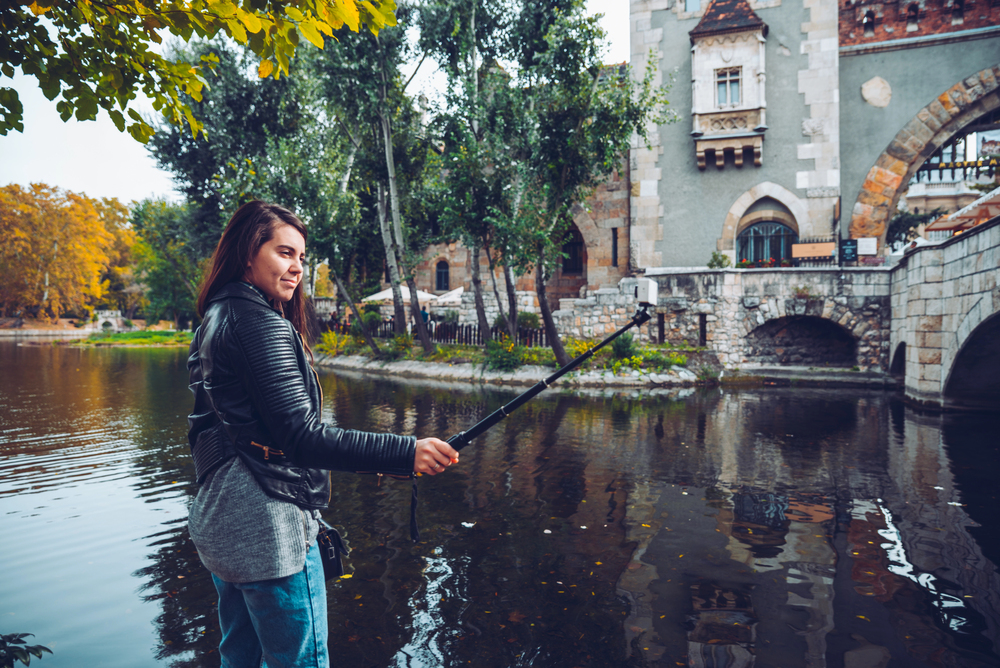Eastern Europe has transformed dramatically over the past few decades, evolving from a region many travelers avoided to one of the most exciting and accessible destinations on the planet. Countries like Poland, Czech Republic, Hungary, and the Balkans now welcome millions of visitors each year with their stunning architecture, rich history, and incredibly affordable prices. Yet despite this positive change, female travelers still need to stay sharp and plan ahead for their adventures.
The good news is that most Eastern European countries are quite safe for women traveling alone or in groups. Here is a list of 15 essential safety tips that will help you navigate the region confidently and enjoyably.
Research Local Customs Before You Go

Understanding cultural norms can save you from awkward situations and unwanted attention. In many Eastern European countries, dressing conservatively shows respect and helps you blend in with locals. Countries like Romania and Bulgaria still maintain traditional values, especially in smaller towns and rural areas. What might seem like normal attire back home could draw stares or inappropriate comments in certain regions.
Choose Accommodations in Well-Lit Areas

Location trumps amenities when it comes to where you sleep at night. Book hotels, hostels, or Airbnbs in neighborhoods with good street lighting and regular foot traffic. Prague’s Old Town might cost more than staying on the outskirts, but the extra safety is worth every penny. Always read recent reviews from other female travelers, as they often mention safety concerns that general reviews miss.
Keep Emergency Contacts Handy

Program local emergency numbers into your phone before you even leave the airport. Most Eastern European countries use 112 for emergencies, but some still rely on older systems. Write down your embassy’s contact information and keep it separate from your phone in case your device gets lost or stolen. Having a local contact, even if it’s just your hotel’s front desk number, can be incredibly valuable if things go sideways.
Trust Public Transportation During Peak Hours

Trains and buses in Eastern Europe are generally reliable and safe, especially during busy commuting times. The crowd provides natural protection, and conductors are usually present to help with any issues. Avoid empty train cars late at night, and always sit near other passengers when possible. Night trains between major cities like Budapest to Krakow are typically secure, but book a compartment with other travelers rather than traveling solo in a private cabin.
Master Basic Local Phrases

Learning simple phrases like ‘help,’ ‘police,’ and ‘I don’t understand’ in the local language can be lifesaving. Eastern Europeans appreciate when visitors make an effort to speak their language, and it often leads to more helpful interactions. Download offline translation apps before you travel, since internet connectivity can be spotty in rural areas. Even butchering the pronunciation usually gets better results than speaking English louder.
Avoid Displaying Expensive Items

Your shiny new smartphone and designer purse might as well have a target painted on them in crowded tourist areas. Pickpockets in places like Prague’s Wenceslas Square and Budapest’s thermal baths are skilled professionals who can spot valuable items from across a plaza. Use a crossbody bag with zippers facing your body, and keep your phone in a front pocket with a secure closure. Think of it like camouflage — the more you blend in, the safer you’ll be.
Stay Connected With Regular Check-Ins

Set up a communication schedule with someone back home and stick to it religiously. Whether it’s a daily text or a weekly video call, having someone who knows your itinerary creates an important safety net. Share your accommodation details and planned activities, especially if you’re heading to remote areas like the Carpathian Mountains or the Bulgarian countryside. Consider using location-sharing apps that let trusted contacts see where you are in real-time.
Navigate Nightlife Cautiously

Eastern European nightlife can be incredibly fun, but it comes with unique risks that require extra awareness. Many clubs and bars don’t monitor drink tampering as closely as establishments in Western countries. Always watch your drink being made, and never accept beverages from strangers, no matter how friendly they seem. Travel with a group when possible, and establish a buddy system where you look out for each other throughout the night.
Use Licensed Taxi Services

Unlicensed taxi drivers prey on tourists, especially women traveling alone who might seem less threatening if they refuse to pay inflated fares. Stick with official taxi companies or ride-sharing apps like Uber and Bolt, which operate in most major Eastern European cities. Check that the license number matches what’s displayed in the app, and always sit in the back seat. If a driver makes you uncomfortable, don’t hesitate to ask them to stop and let you out in a safe, populated area.
Carry Copies of Important Documents

Losing your passport in a foreign country is stressful enough without having to start from scratch at the embassy. Keep photocopies of your passport, visa, travel insurance, and credit cards in multiple places — your luggage, purse, and email. Store digital copies in cloud services that you can access from any internet connection. This simple preparation can turn a potential disaster into a minor inconvenience.
Be Aware of Common Scams

Eastern Europe has its share of creative con artists who specifically target female tourists. The ‘helpful stranger’ who offers to carry your bags might be working with pickpockets nearby. ATM skimming devices are common in touristy areas, so use machines inside banks whenever possible. If someone approaches you claiming to be plain-clothes police asking to see your money, politely ask to go to the nearest police station — real officers won’t mind, but scammers will quickly disappear.
Pack Weather-Appropriate Clothing

Eastern European weather can change faster than your mood after a long travel day. Summers bring sudden thunderstorms, while winters can be brutally cold with icy sidewalks that turn walking into an extreme sport. Pack layers that you can add or remove throughout the day, and always bring waterproof footwear. Getting caught unprepared in bad weather forces you into potentially unsafe situations like accepting rides from strangers or taking shelter in questionable locations.
Learn About Local Healthcare

Know where the nearest hospital is located and understand how the healthcare system works in each country you visit. Many Eastern European countries require cash payment upfront for medical services, even with travel insurance. Carry a basic first aid kit with essentials like pain relievers, bandages, and any personal medications you need. Consider purchasing comprehensive travel insurance that includes medical evacuation coverage, especially if you plan to visit remote mountainous regions.
Trust Your Instincts Always

Your gut feeling is often the first warning system when something isn’t right. If a person, place, or situation makes you uncomfortable, there’s usually a good reason for that feeling. Don’t worry about seeming rude or paranoid — your safety is more important than social pleasantries. Remove yourself from situations that feel off, even if you can’t pinpoint exactly what’s wrong. Local women often have the best advice about staying safe, so don’t hesitate to ask for guidance when you need it.
Plan Your Departure Strategy

Always have an exit plan before entering any situation, whether it’s a crowded market or a cozy basement restaurant. Know how you’ll get back to your accommodation, and make sure you have enough local currency for emergency transportation. Keep your hotel’s business card in your wallet so you can show it to taxi drivers if you don’t speak the language. Having multiple options for getting home gives you flexibility and confidence to enjoy your experiences without constant worry.
From Soviet Shadows to Modern Adventures

Eastern Europe’s journey from behind the Iron Curtain to today’s vibrant travel destination mirrors the resilience and adaptability that make it so fascinating to explore. The same countries that once seemed forbidding now offer some of the world’s warmest hospitality and most affordable adventures. While the region has shed most of its old dangers, smart preparation and situational awareness remain your best travel companions. These safety practices aren’t just rules to follow — they’re tools that give you the confidence to fully embrace everything Eastern Europe has to offer, from medieval castles to modern cities that never sleep.
More from Travel Pug

- 20 Best Beach Towns in the Carolinas
- 13 Destinations Where Tourists Regularly Regret Their Trip
- 20 Things You Actually Get in First Class
- 20 Small Airports With Aviation Museums
- 20 Places in the U.S. That Are Perfect for a Reset Trip
Like Travel Pug’s content? Follow us on MSN.
